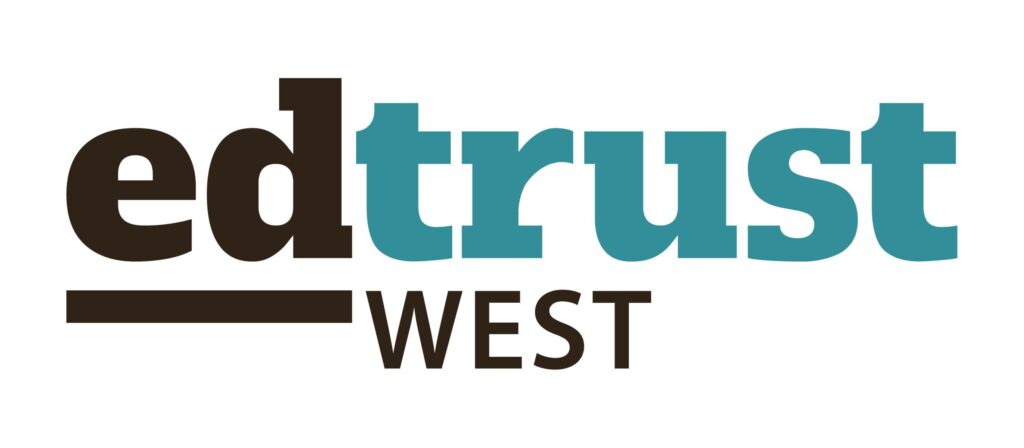New California Mathematics Framework Is a Crucial Step in Closing Opportunity Gaps in Math
We are pleased that the State Board of Education has approved a new framework for mathematics instruction in California schools. For far too many years, math instruction has been outdated, disconnected from students’ lives, and ineffective at closing opportunity gaps for millions of Black, Latinx, Native American, Pacific Islander, and multilingual students in California classrooms. We are glad to see this updated guidance is asset-based and includes a crucial focus on equity and engagement in math instruction, grounded in the belief that all students can learn math at high levels. As our state’s achievement data show, the urgency around improving math instruction and student learning in California cannot be understated.
The Framework is a much-needed step to better support the millions of students in our state who urgently need math learning opportunities that are equitable, research-based, and relevant to their lives and the world around them. This updated framework also provides robust guidance related to how English language development can be integrated with math instruction to provide greater access and support to multilingual learners. We thank the California Department of Education’s Curriculum Frameworks & Instructional Resources Division, members of the Curriculum Framework and Evaluation Criteria Committee, and the Instructional Quality Commission for the significant work that went into crafting the new framework, and appreciate both the Department, Commission, and the State Board for their dedication to an open process that engaged educators, students, advocates, and other experts.
The updated Framework provides a strong vision for math instruction – and implementing that vision effectively and equitably is just as crucial as the Framework itself. We hope to learn more soon about how state agencies and county offices of education will support schools and districts in providing the resources and support necessary for educators and how they will ensure the guidance reaches everyone from teachers and instructional coaches to students and their families. High-quality instructional materials are essential tools for implementation, and as such, we encourage publishers to appropriately revise their materials to align with the new framework. Along with our many partnering organizations, we will continue to be engaged in advocating for and supporting communities, educators, and school districts in their efforts to ensure that the promise of this new framework is realized through improved learning experiences and outcomes for all of California’s students.

